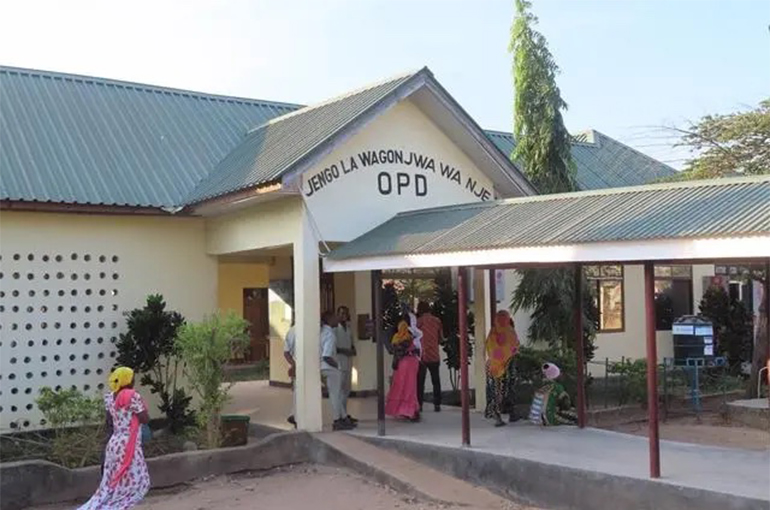 China-Tanzania Anti-Malaria Fight to Be Model for China-Africa Health Cooperation
China-Tanzania Anti-Malaria Fight to Be Model for China-Africa Health Cooperation(Yicai) Sept. 5 -- The joint efforts of China and Tanzania to fight malaria in the eastern African country will serve as a role model for successful public health cooperation between China and Africa.
The China-Tanzania partnership has not only helped battle malaria and improve Tanzania's public health system but has also provided further experience for China's efforts to support Africa's public health development, said Wang Duoquan, deputy director of the Global Health Center of the National Institute of Parasitic Diseases at the Chinese Center for Disease Control and Prevention.
For the anti-malaria project in Tanzania, China sent its first-ever team to Africa that was made up mainly of public health experts to work with a local team on designing prevention and control measures, Wang noted.
China dispatched experts from the NIPD to work with a local team from Tanzania's Ifakara Health Institute in the Rufiji River region after the UK's Department for International Development invited China to join the anti-malaria efforts in Tanzania in April 2015.
Malaria is a major public health issue in sub-Saharan Africa, where the majority of global malaria cases and deaths occur. Tanzania, one of Africa’s most affected countries, struggles with high malaria transmission rates, particularly in places such as Rufiji County.
Known for its success in controlling malaria at home, China has been expanding its global health initiatives, especially in Africa, as part of broader China-Africa cooperation.
Located 200 kilometers from Tanzania's largest city Dar es Salaam, the Rufiji River is surrounded by dense forests and wetlands. As these conditions are the ideal environment for malaria-carrying mosquitoes, the incidence rate in the area is twice the national average.
Chinese and Tanzanian experts jointly developed 1,7-malaria Reactive Community-based Testing and Response, a hybrid reporting approach based on Chinese experience and adapted to local conditions.
Under 1,7-mRCTR, experts identify villages with the highest incidence rates every week, conduct mass malaria screenings with trained personnel at mobile test stations, and provide free anti-malaria drugs to people who have tested positive at specialized medical facilities, thereby effectively interrupting community transmission.
Malaria Rates Cut
1,7-mRCTR was piloted in the Rufiji region between 2015 and 2018. According to the pilot results published in Malaria Journal in 2020, 85 rounds of 1,7-mRCTR conducted in intervention wards reduced the odds of malaria infection by 66 percent beyond the effect of the standards programs. Malaria prevalence in the intervention wards slumped by 81 percent.
Between October 2019 and September 2021, 244,771 community-based rapid tests were completed in intervention areas, with each village receiving an average of 3.85 rounds of 1,7-mRCTR, according to updates on the 1,7-mRCTR project published in Malaria Journal last year.
1,7-mRCTR was associated with a 4.5-percentage-point decrease in malaria prevalence, equivalent to a 17 percent reduction from the baseline. In the Rufiji region, it was associated with a 63.9 percent decline in malaria prevalence.
In July, only five to six malaria cases were diagnosed at the Ikwiriri Health Center in Tanzania, according to Jerry Polo, a medical officer at the center. Before the 1,7-mRCTR approach was used, malaria cases accounted for 30 percent to 40 percent of the center’s total, but now, upper respiratory tract infections and pneumonia cases are more common, Polo noted.
To further verify the 1,7-mRCTR approach the World Health Organization has trialed it in other African countries such as Burkina Faso, Senegal, and Zambia, with the help of the United Nations Peace and Development Trust Fund. This will further promote the use of Chinese anti-malaria technologies and products in Africa, according to Wang.
Editor: Futura Costaglione